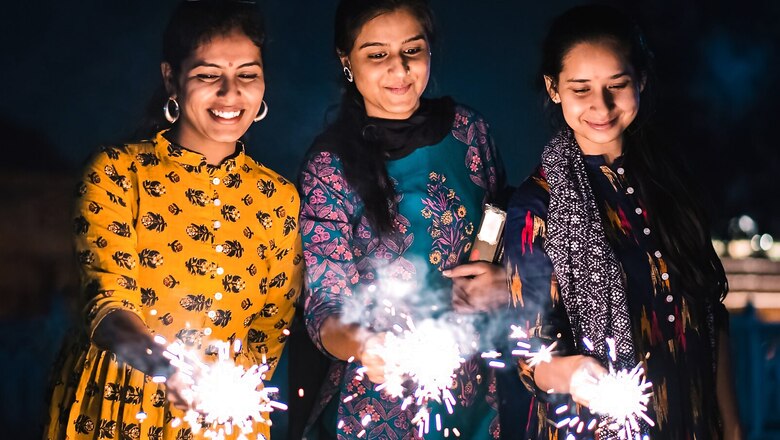
views
Novel Diwali celebrations have been taking place at three locations in Andhra Pradesh and Telangana. In AP, a village called ‘Deepavali’ celebrates the festival with fervour, while it has been completely banned for two centuries in another village of the state. In Telangana, a Hindu graveyard has been witnessing the festival of lights every year for the past six decades.
The ‘Deepavali’ village is located in Gara Mandal which is 9 kilometres from Srikakulam district headquarters in Andhra Pradesh. There is a story behind this unique name of the village. According to the villagers, the king who ruled Srikakulam was once going to the Kalingapatnam area through the village, on horseback. One sunny day, he fell unconscious due to a sunstroke. The farmers working in the nearby farmlands rushed to him and gave him first aid.
The recovered king thanked them and named the village ‘Deepavali’ as the day marked the auspicious festival. Currently, the village with a population of 1,000 has been celebrating the festival of lights every year in a grand manner.
The Hindu graveyard in Karkhanagadda locality in Karimnagar of Telangana has been witnessing the Diwali celebrations annually for more than six decades. People of all ages, wearing new clothes reach the graveyard in large numbers. They pay tributes to their departed family members and ancestors at the graves and celebrate the Diwali festival by lighting candles, and bursting the crackers in the graveyard. The graves are painted and decorated with flowers by the people of Karimnagar.
The natives of Karimnagar who settled at various places around the world come to the city on Diwali and pay rich tributes to their ancestors at their graves for two hours in the evening and celebrate the festival with near and dear ones.
On the other hand, the natives of Punnanapalem village in Ranasthalam Mandal of Srikakulam district in Andhra Pradesh have not been celebrating the festival of lights for two centuries. According to the elders of the village, 200 years ago, on the day of Diwali, a baby boy in the cradle died due to a snakebite and two oxen died on Nagula Chavithi (the day of worshipping snakes).
Then onwards the villagers stopped celebrating Diwali fearing more deaths might happen in the village. Though the youngsters of the village, the police and government officials have been trying to convince the elders to come out of the two century-old superstitions and celebrate the festival of lights, the elders are not ready to quit the tradition of not celebrating Diwali.
Read all the Latest Buzz News here











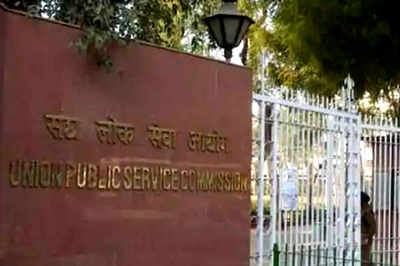



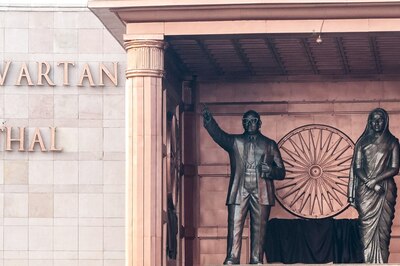
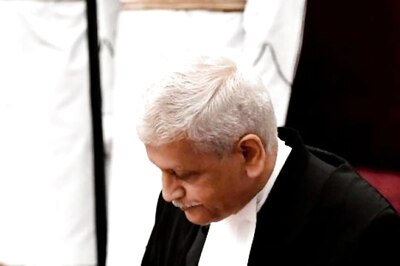
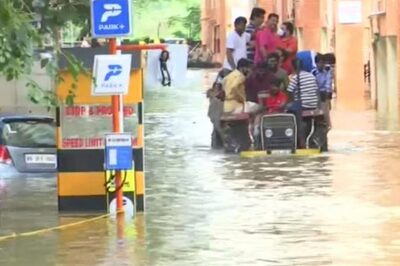

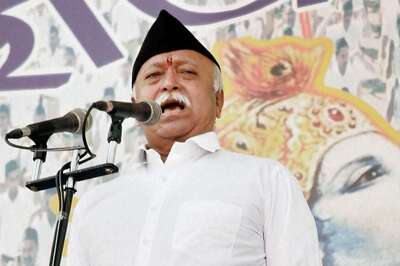
Comments
0 comment